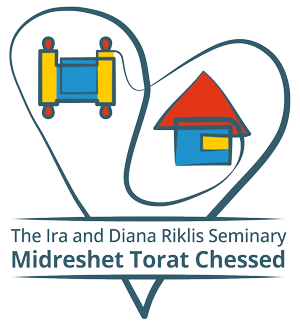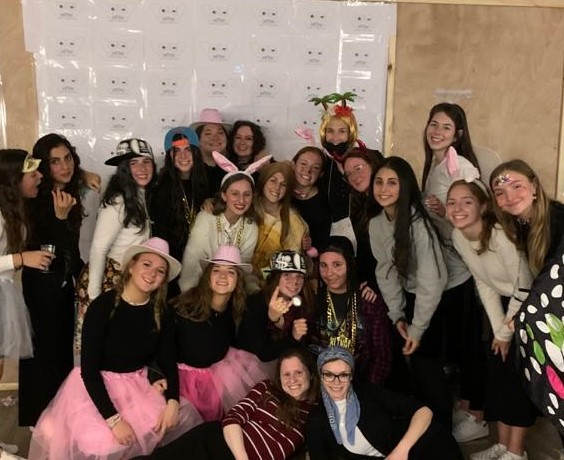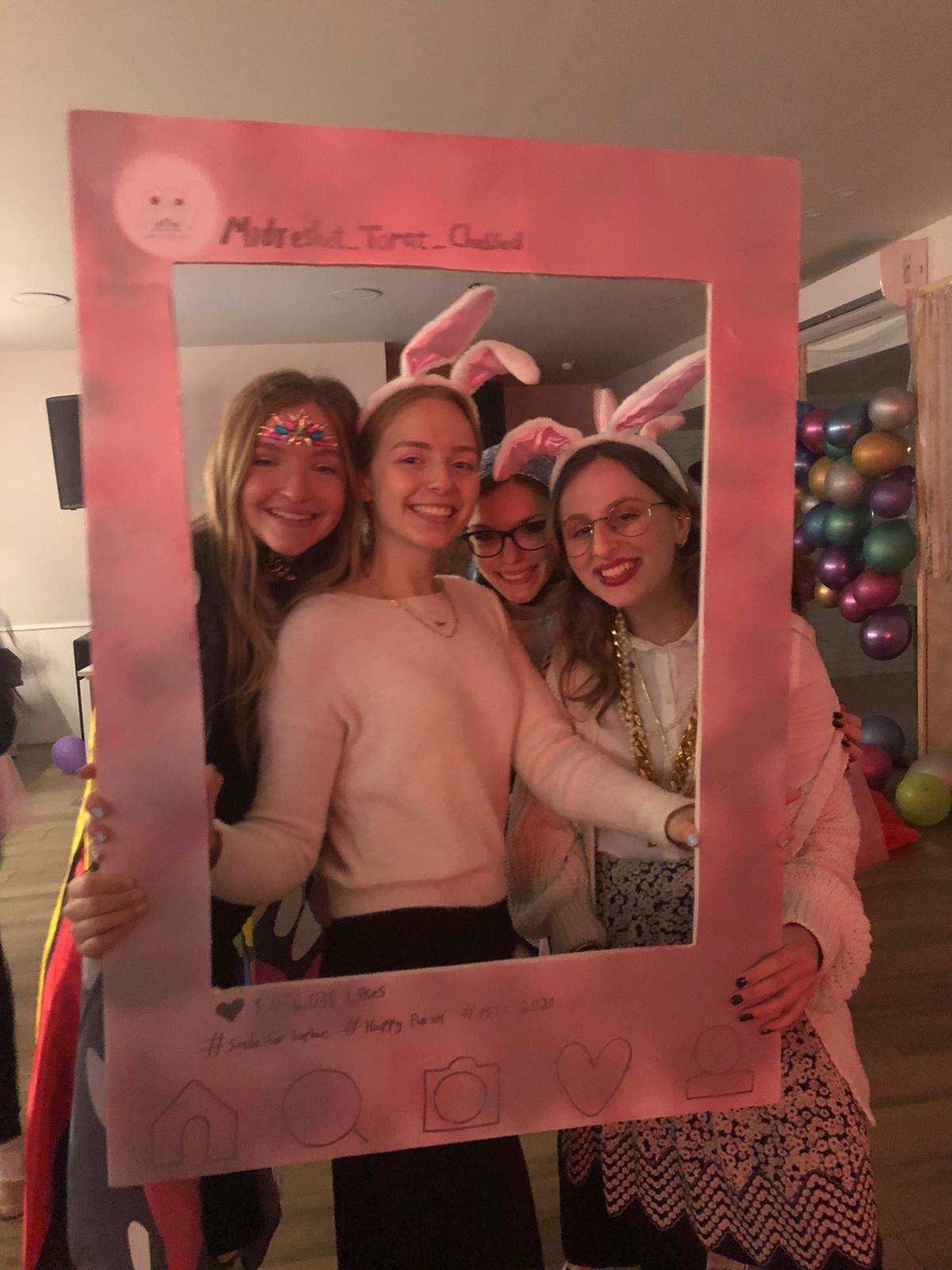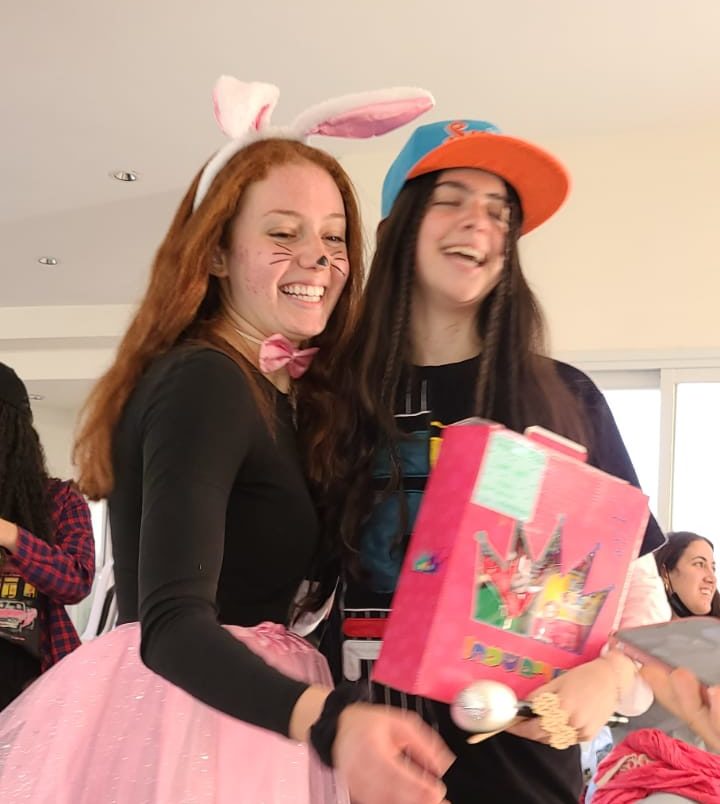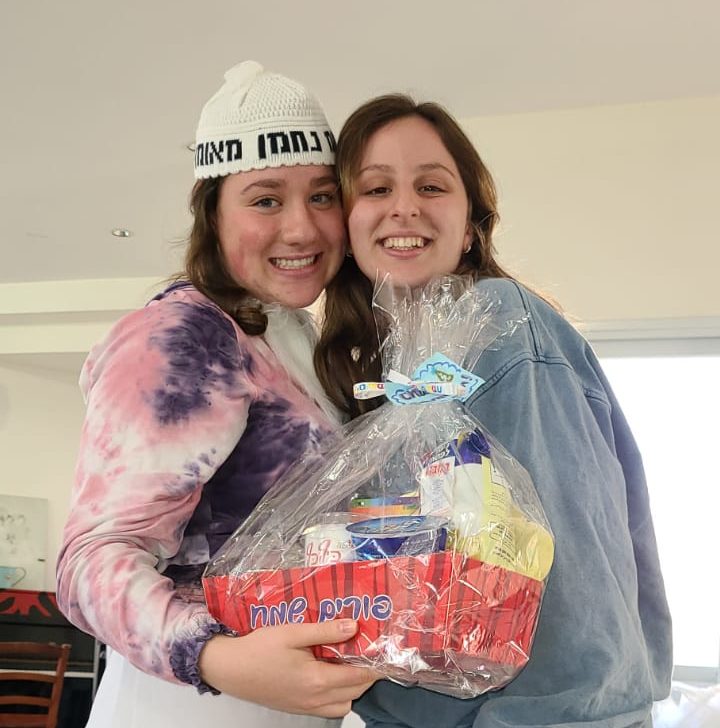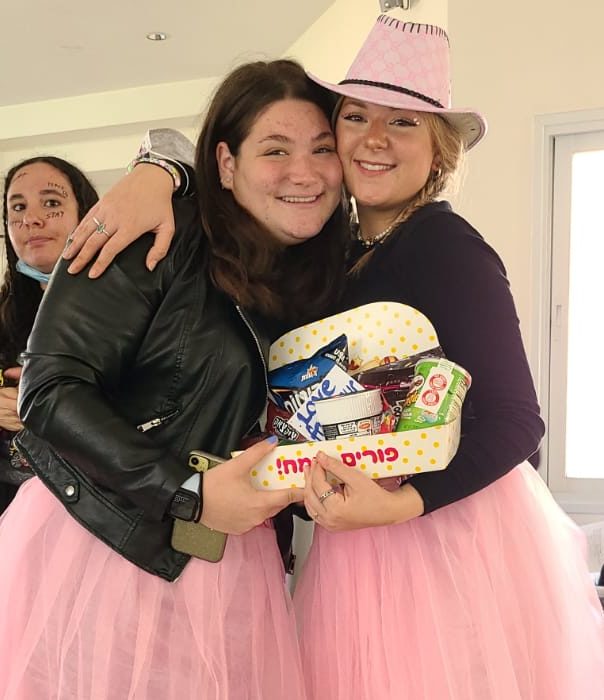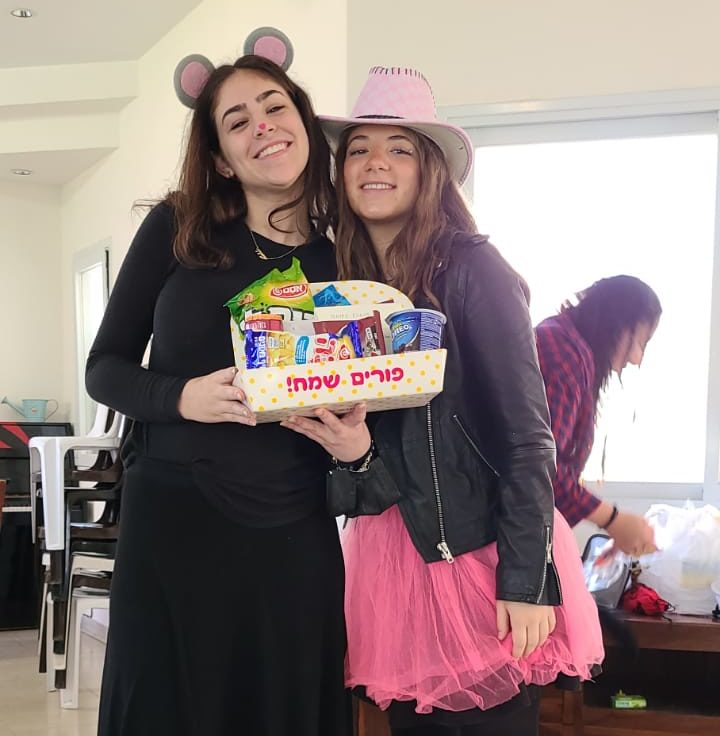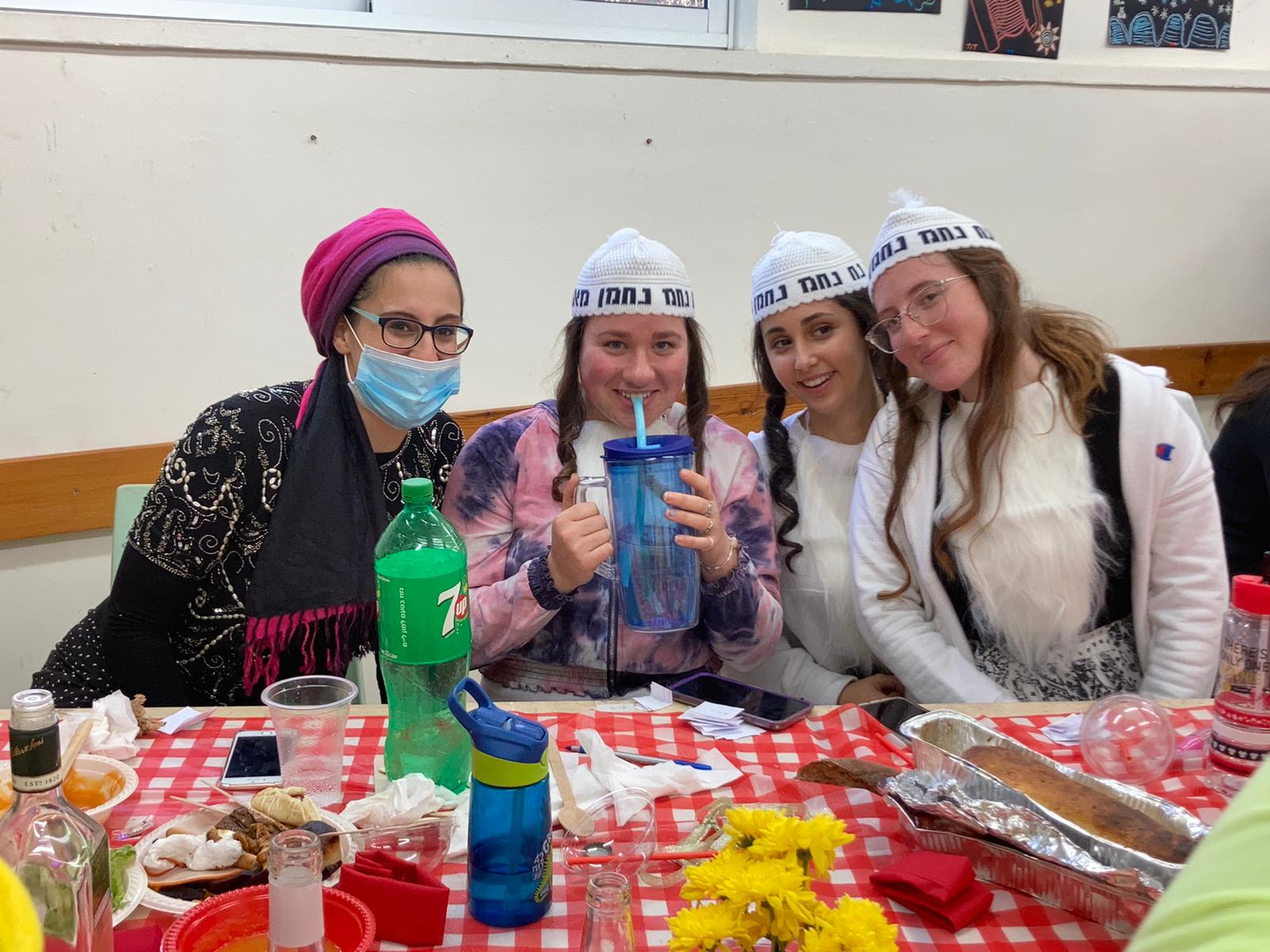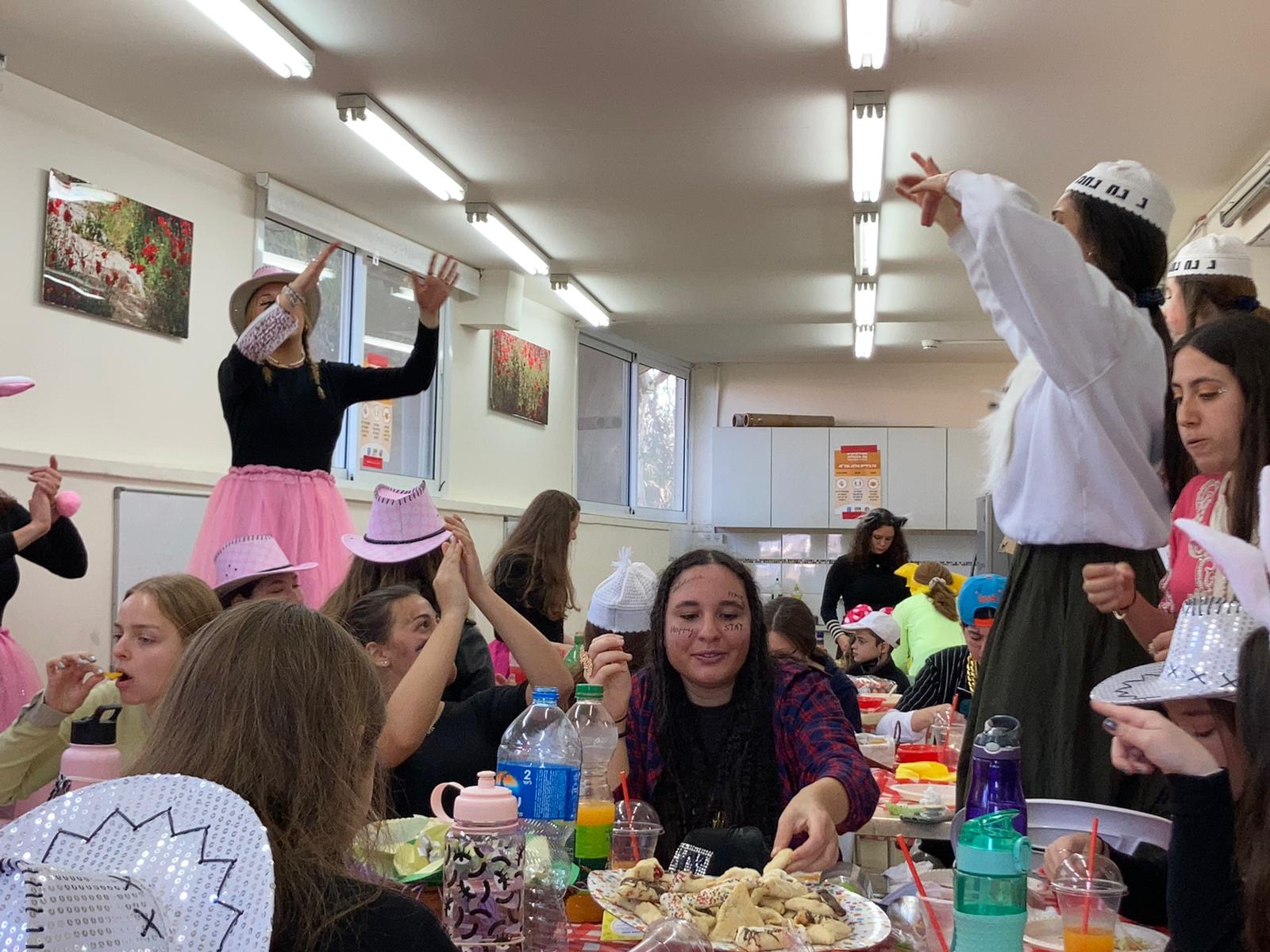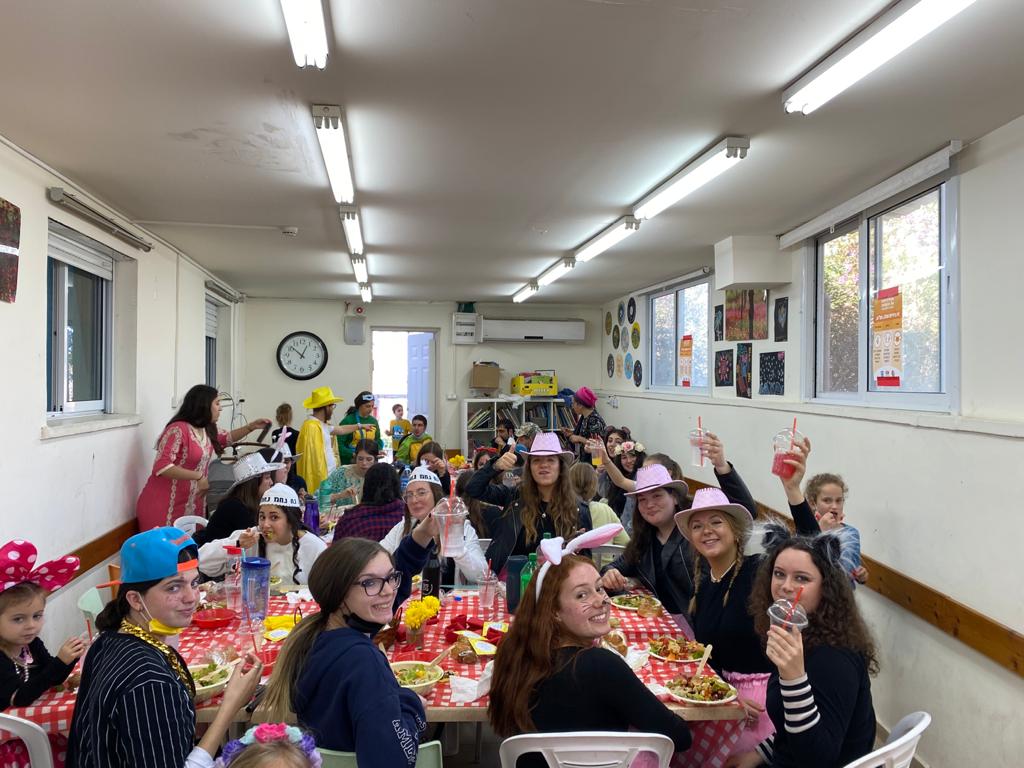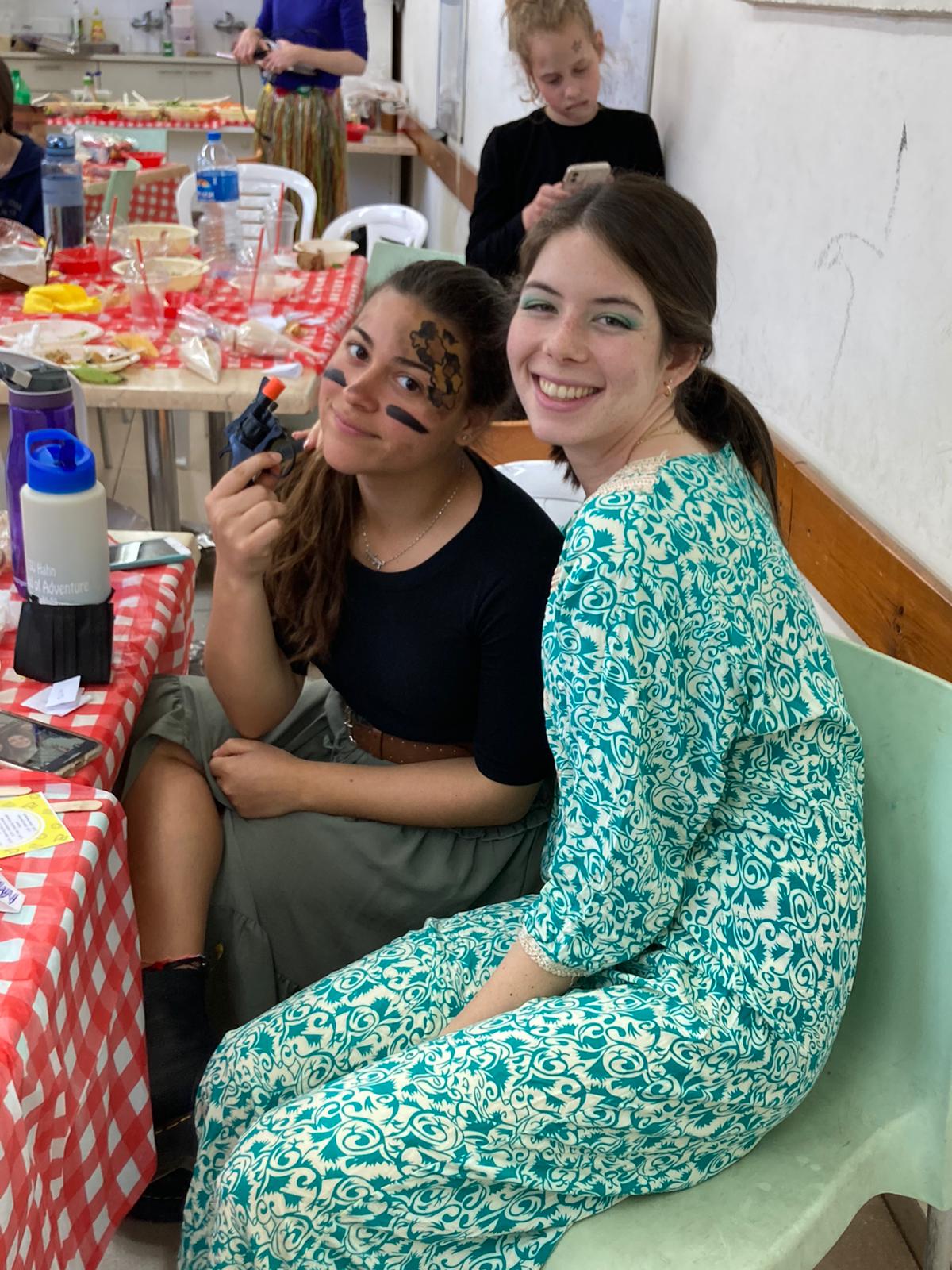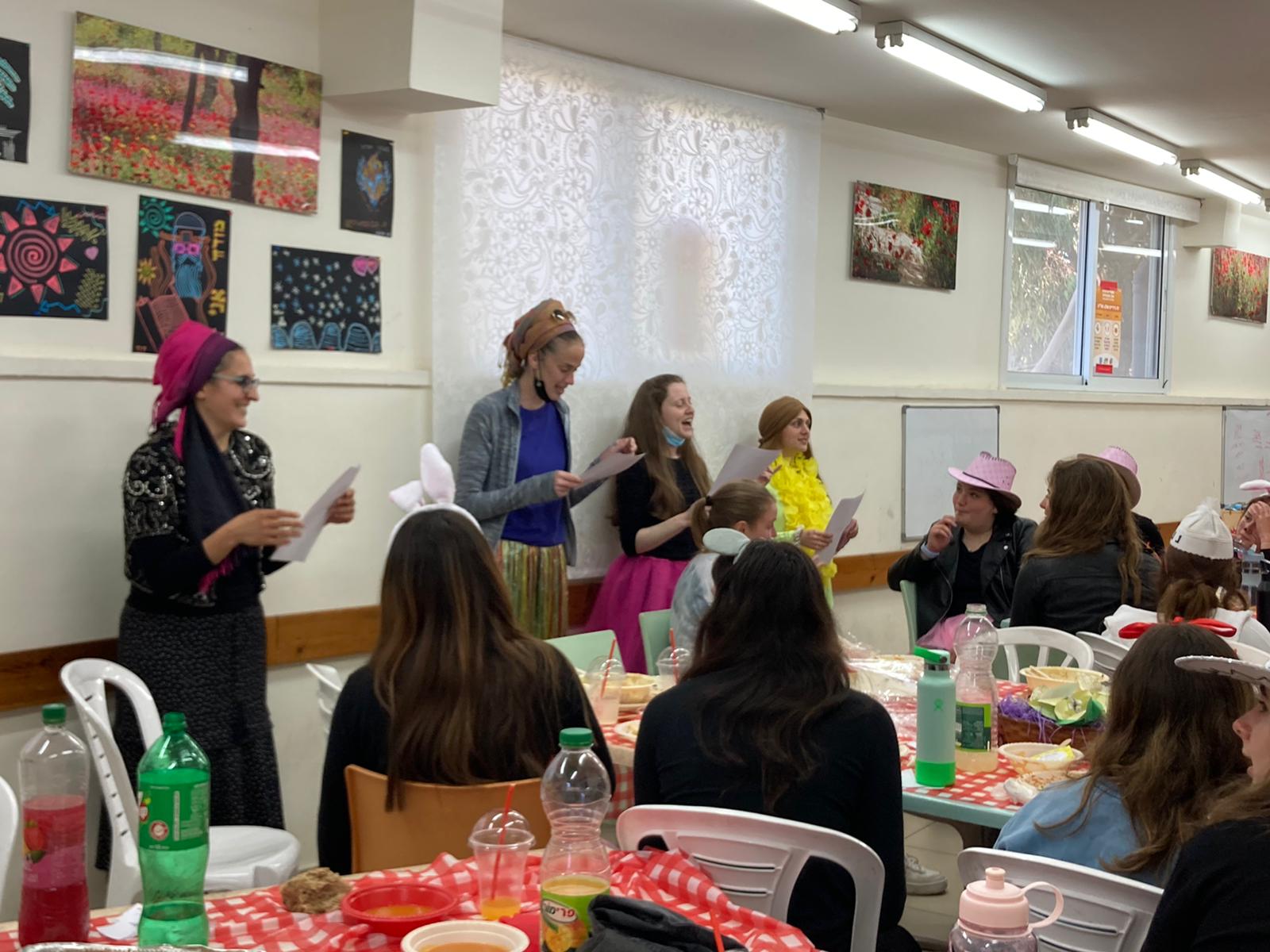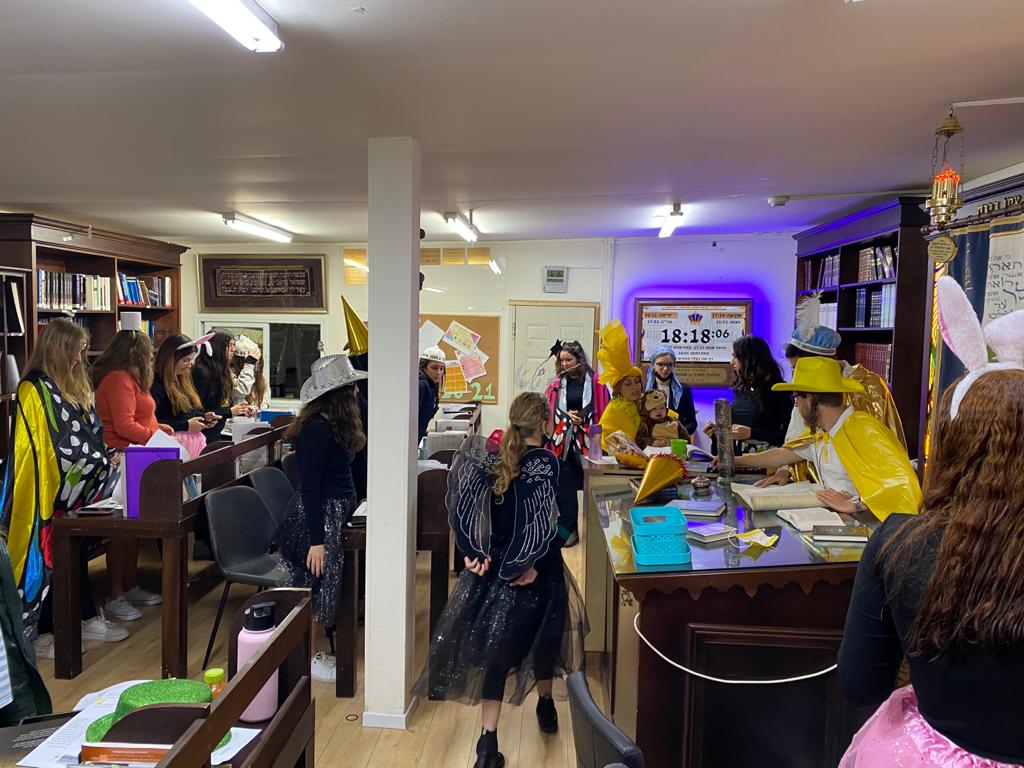
04 Mar MTC Highlights: Parshat Ki Tisa

Dvar Torah by Alexis Levy - Assistant Director
Parshat Ki Tisa
In the aftermath of the golden calf, Moshe hurries down Har Sinai and upon witnessing the people sinning, throws the luchot to the ground, shattering the stone tablets. As a result of Moshe’s heartfelt prayers, G-d forgives the people and commands Moshe to carve two new tablets with the directive, פסל לך, ‘chisel for yourself’.
There is an interesting linguistic connection in Hebrew between the word פסל, ‘carve’ and פסולת, meaning ‘waste’. The Gemara in Masechet Nedarim explains that these luchot were made of sapphire, a precious stone. As Moshe chiseled this stone to form the luchot, dust was created. Moshe was permitted to keep this valuable dust and became wealthy as a result. Hence the ‘waste’ created during the ‘shaping’ became ‘his’ – פסל לך.
Now, we know Moshe was many things – he was the greatest prophet, the most humble person – but why does the Gemara feel a need to tell us he was wealthy? How is Moshe’s bank account relevant to him as a person?
The Chatam Sofer explains the deeper meaning of this dust and wealth. He suggests that the dust, the pieces of stone which were not actually part of the luchot, represents the parts of the Torah that are not written explicitly but are self-evident. There is no specific mitzvah delineating how to develop good middot or how to act with basic courtesy, but these are the basis of the entire Torah. In fact, they must precede our commitment to the Torah’s commands – ‘derech eretz kadma laTorah’. A refined character, explains the Chatam Sofer, is the material from which the luchot are made. Being a good person with good middot is not written on the tablets, but forms the basis and foundation of the commandments.
Moshe’s wealth, explains the Chatam Sofer, is not monetary but personal. His high level was a result of his exemplary character, of the kindness and sensitivity he exhibited to those around him. Before Moshe is appointed leader of the Jewish people, we don’t hear of his wisdom or his connection to G-d. We hear only of his middot. Moshe cared about his fellow Jews, about justice, about looking out for the downtrodden. He acted when Egyptian hit Jew, he intervened when two Jews fought, and he saved young women from intimidating shepherds. Moshe’s great wealth, his stature, is a result of his compassion and empathy, the dust of the luchot.
This message is exemplified by our MTC students and alumni. We see young women who view goodness as the path to greatness. We are blown away by their sensitivity and caring for others. We are proud that they represent the very stone from which the luchot are made.

Student Reflection
Sara Cadranel - Zichron Yaakov, IL - Hasmonean HS, UK
I can’t believe the way this year has flown by and Pesach is just around the corner. Both the learning and volunteering have been so incredibly fulfilling, I couldn’t be more grateful.
The wide variety of classes through this year have enabled me to begin to realize the many connections and understandings they all have common. As well as how Judaism continuously links these ideas together creating a guide to a whole grounded way of life.
In particular, ‘Roots of identity – Shemot’ has definitely been one of many classes that have stood out to me. Studying a range of sources in depth certainly helped further my understanding of Jewish history and what it means living today as a Jew.
I feel so lucky to continuously be building friendships with my Bet Bogrot girls, whether it’s through a fun activity, helping which homework, or just casual conversations. The closeness in age to the girls was definitely a worry at the start, but before I knew it they all felt like best friends who teach and guide me to be a better person everyday.
I can’t wait to continue embarking on this truly special experience in MTC.
Shabbat shalom.


